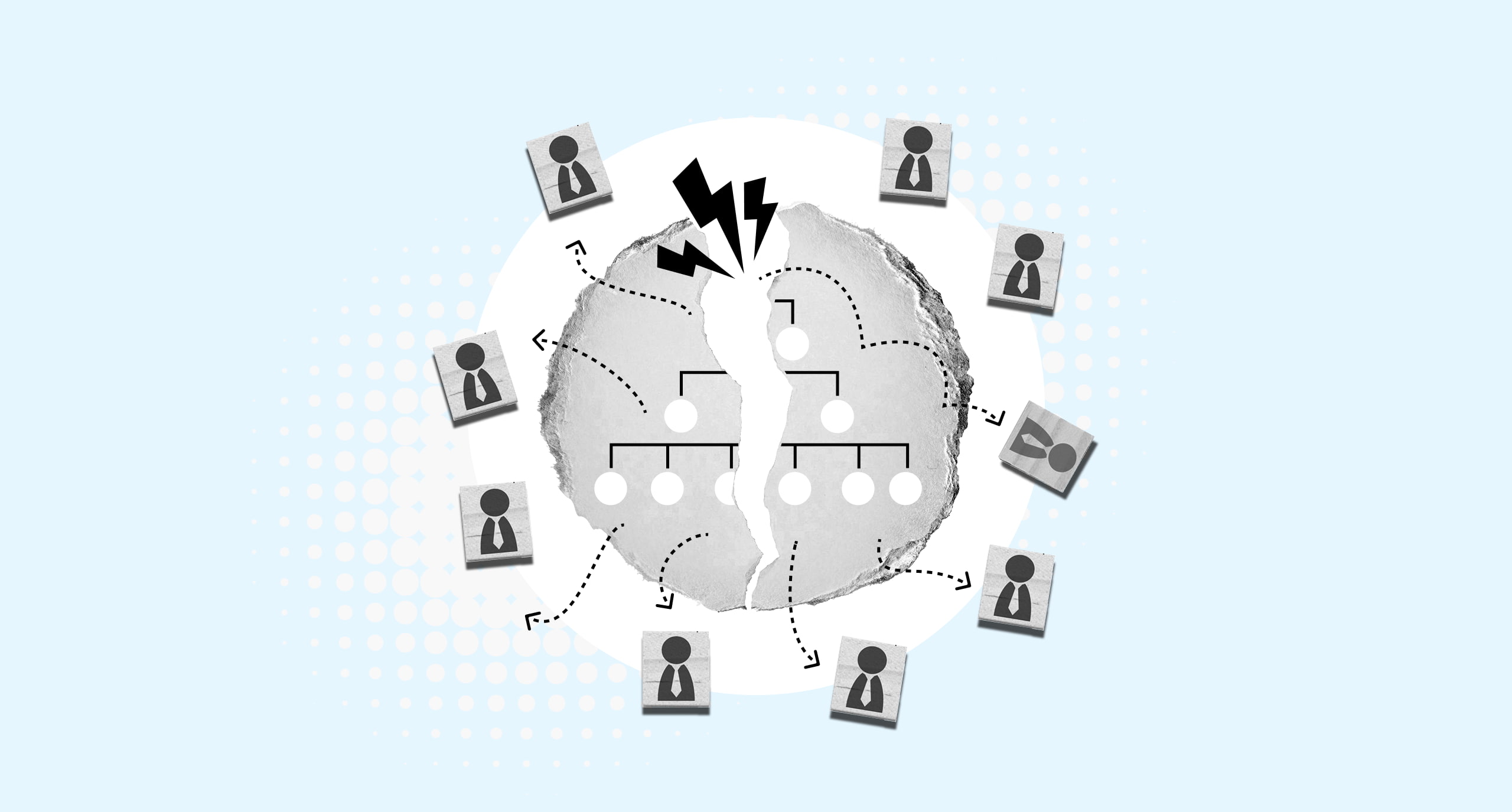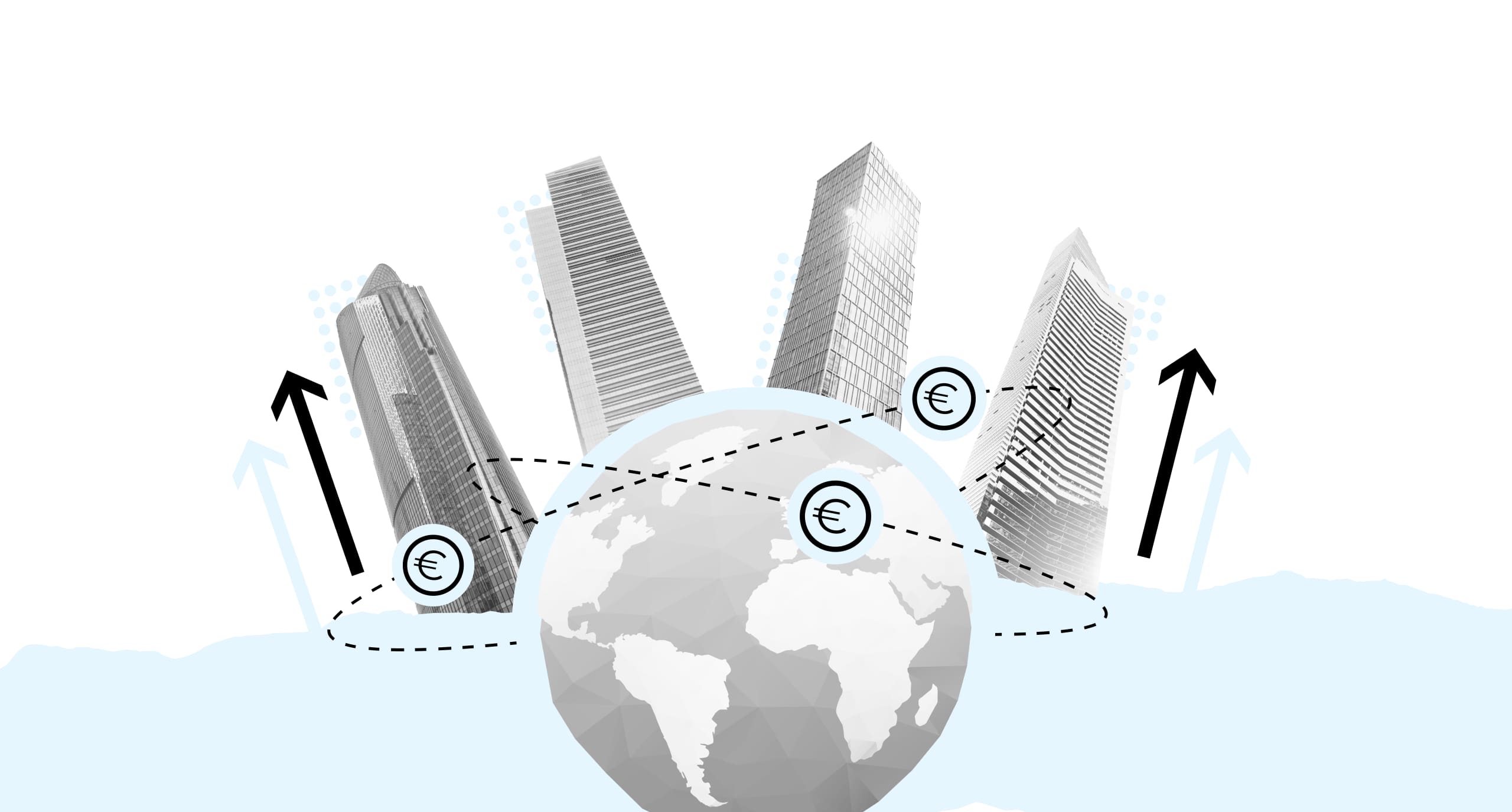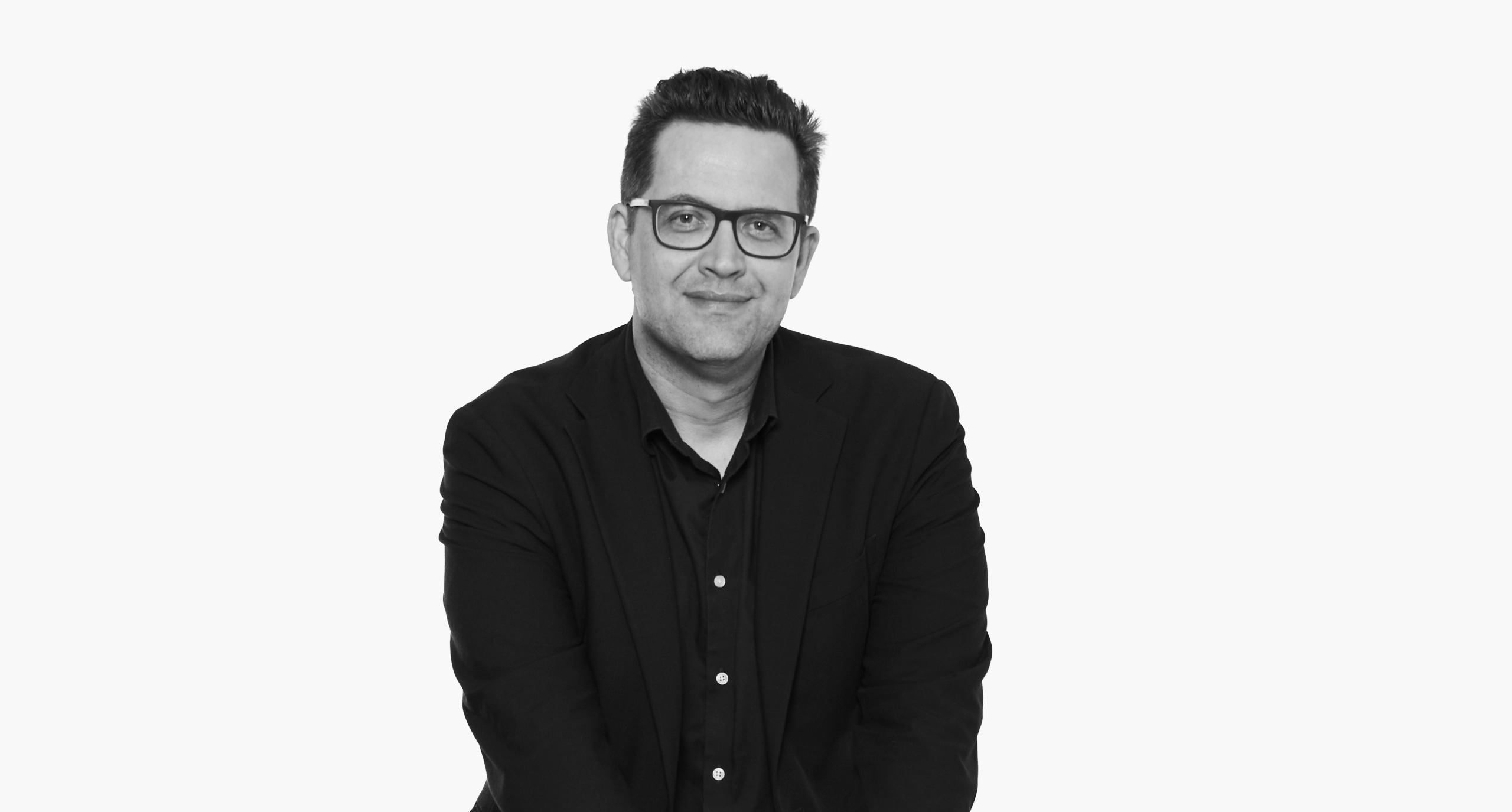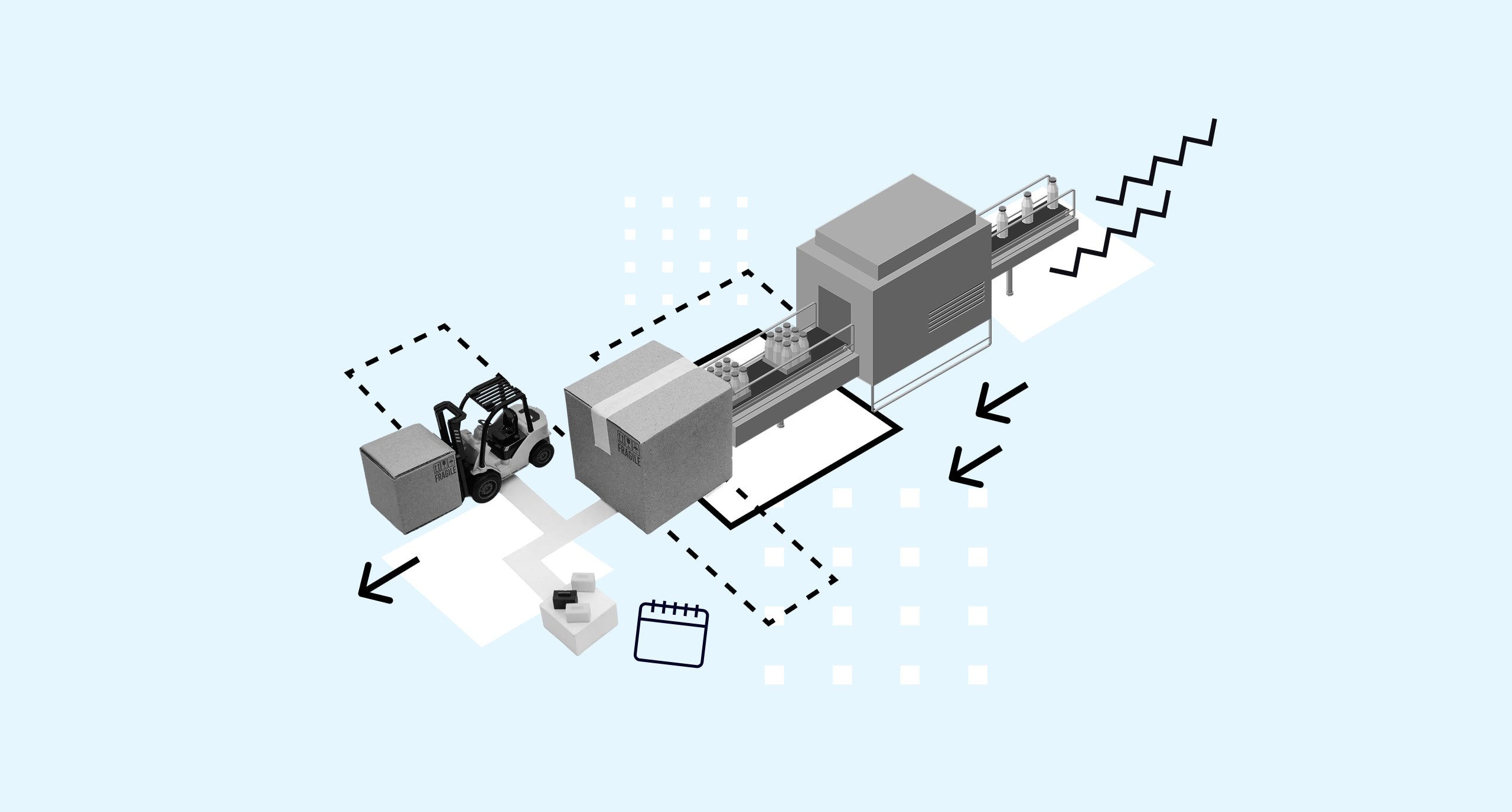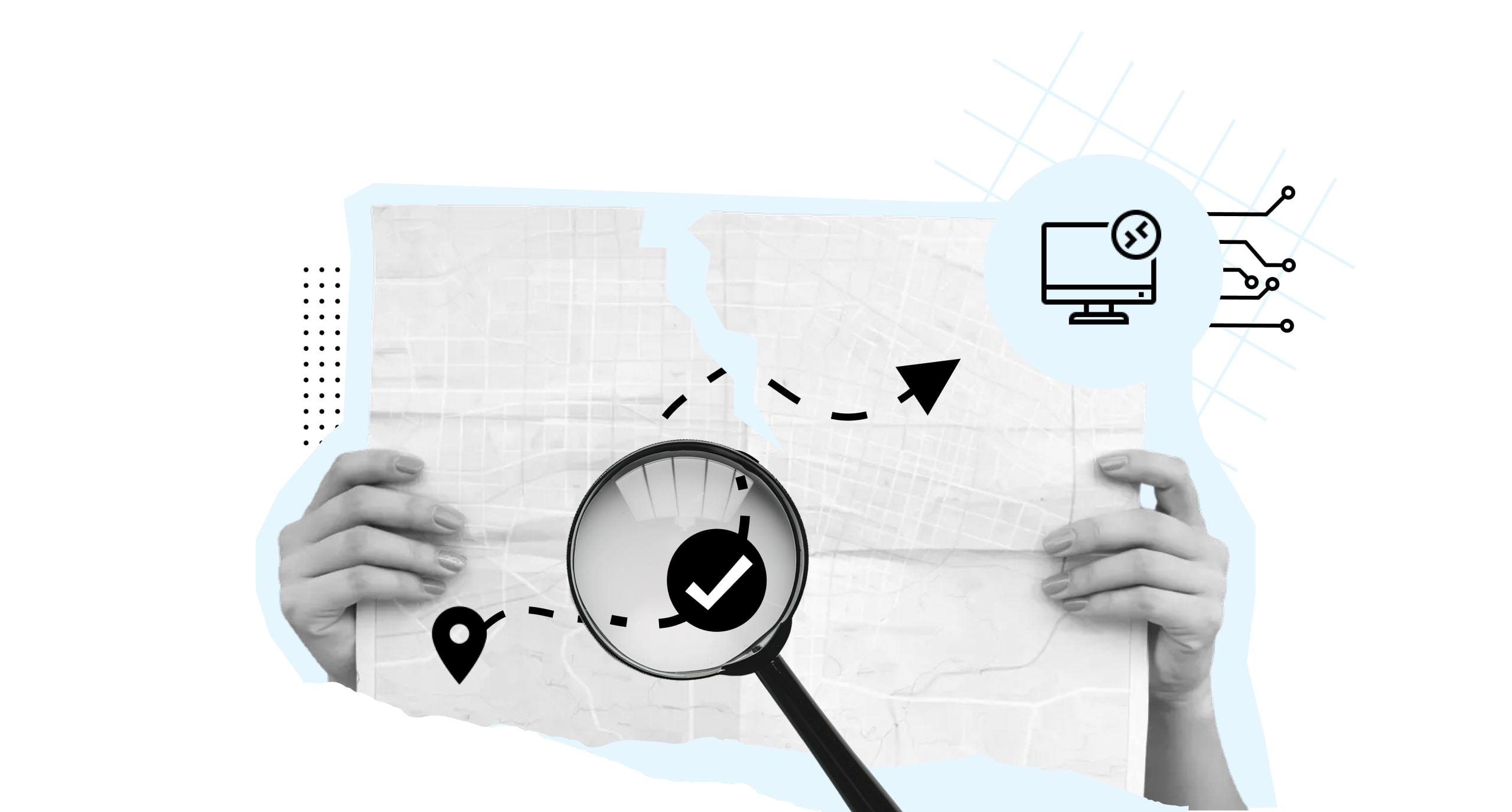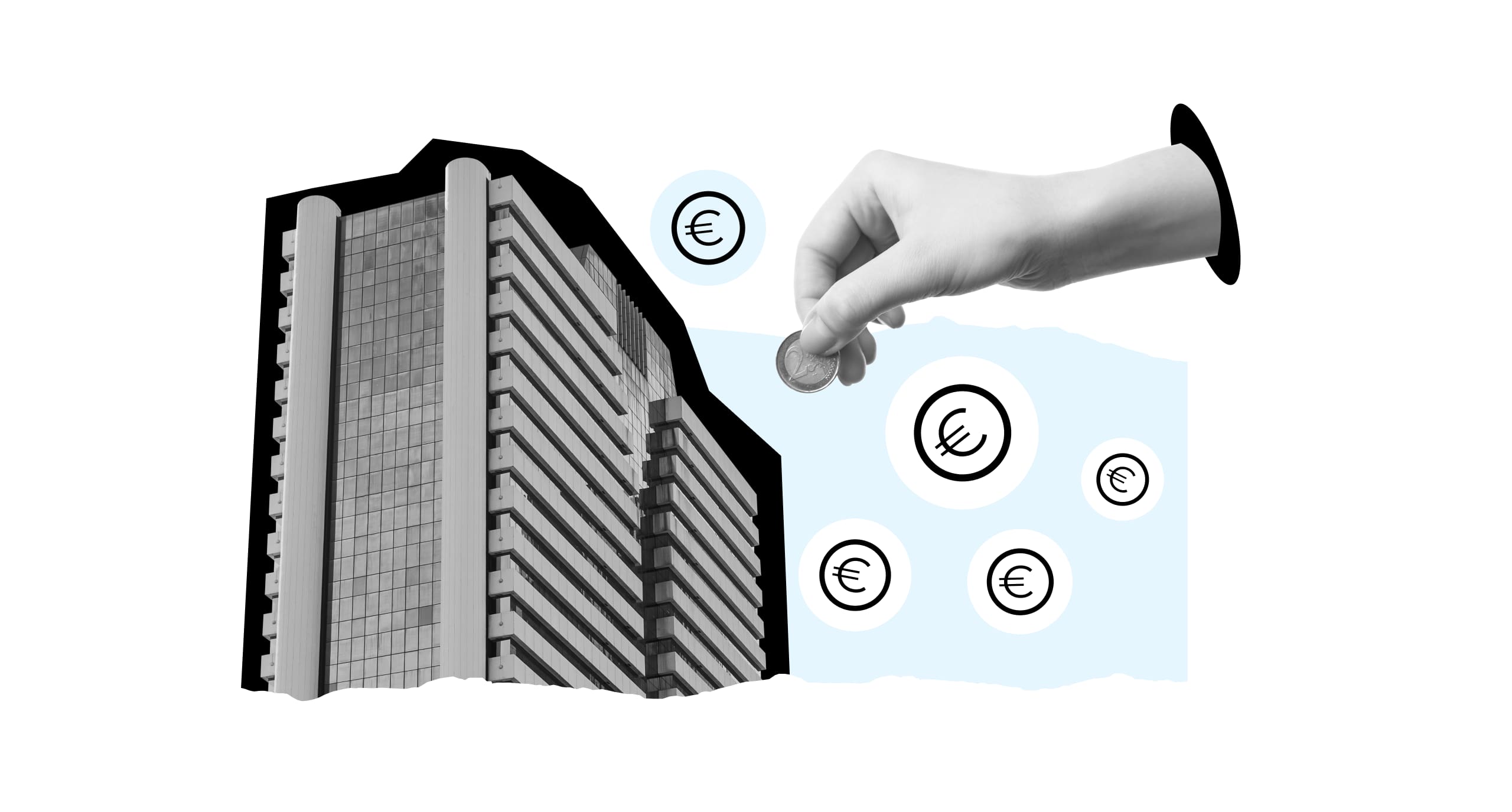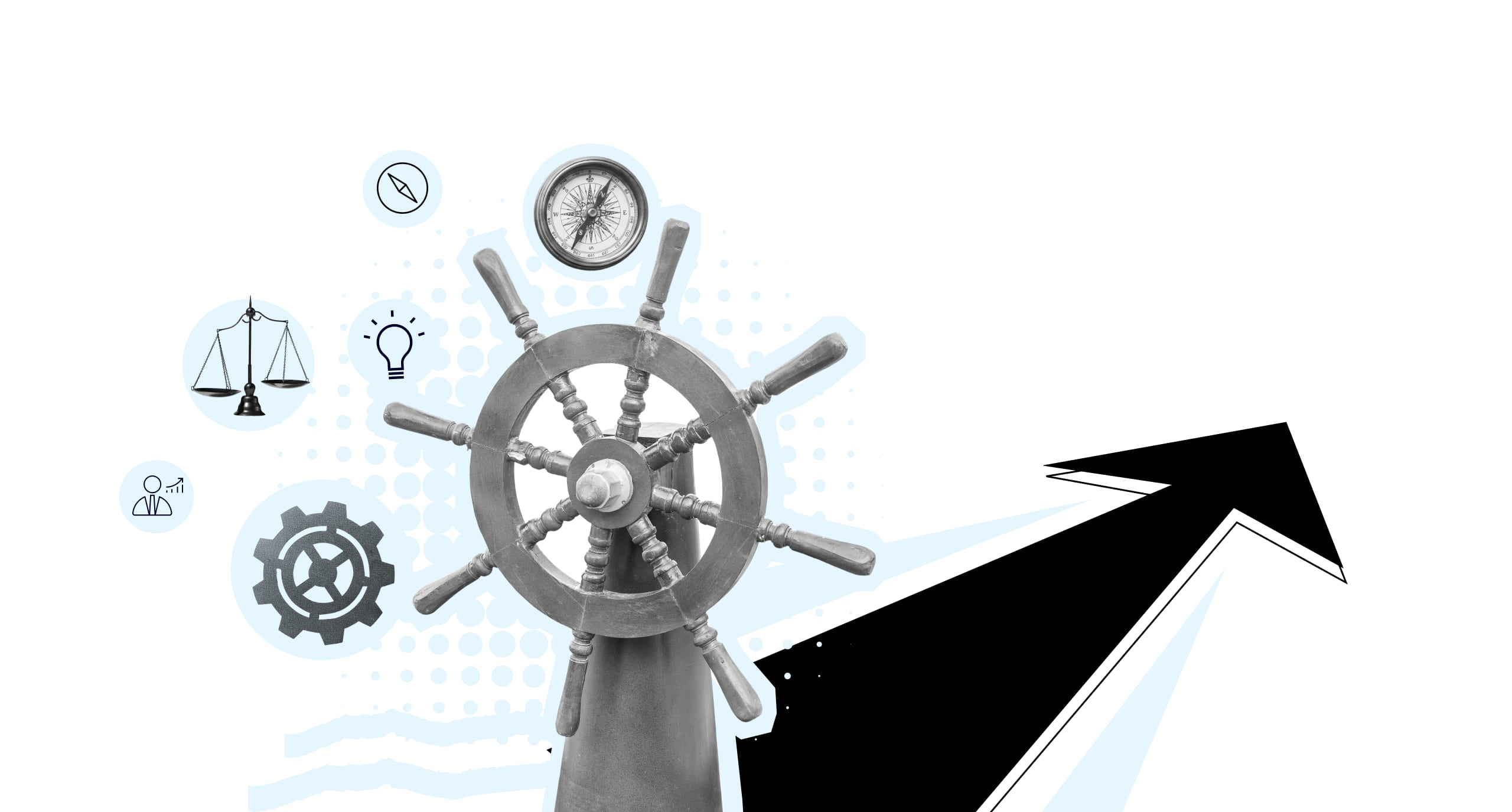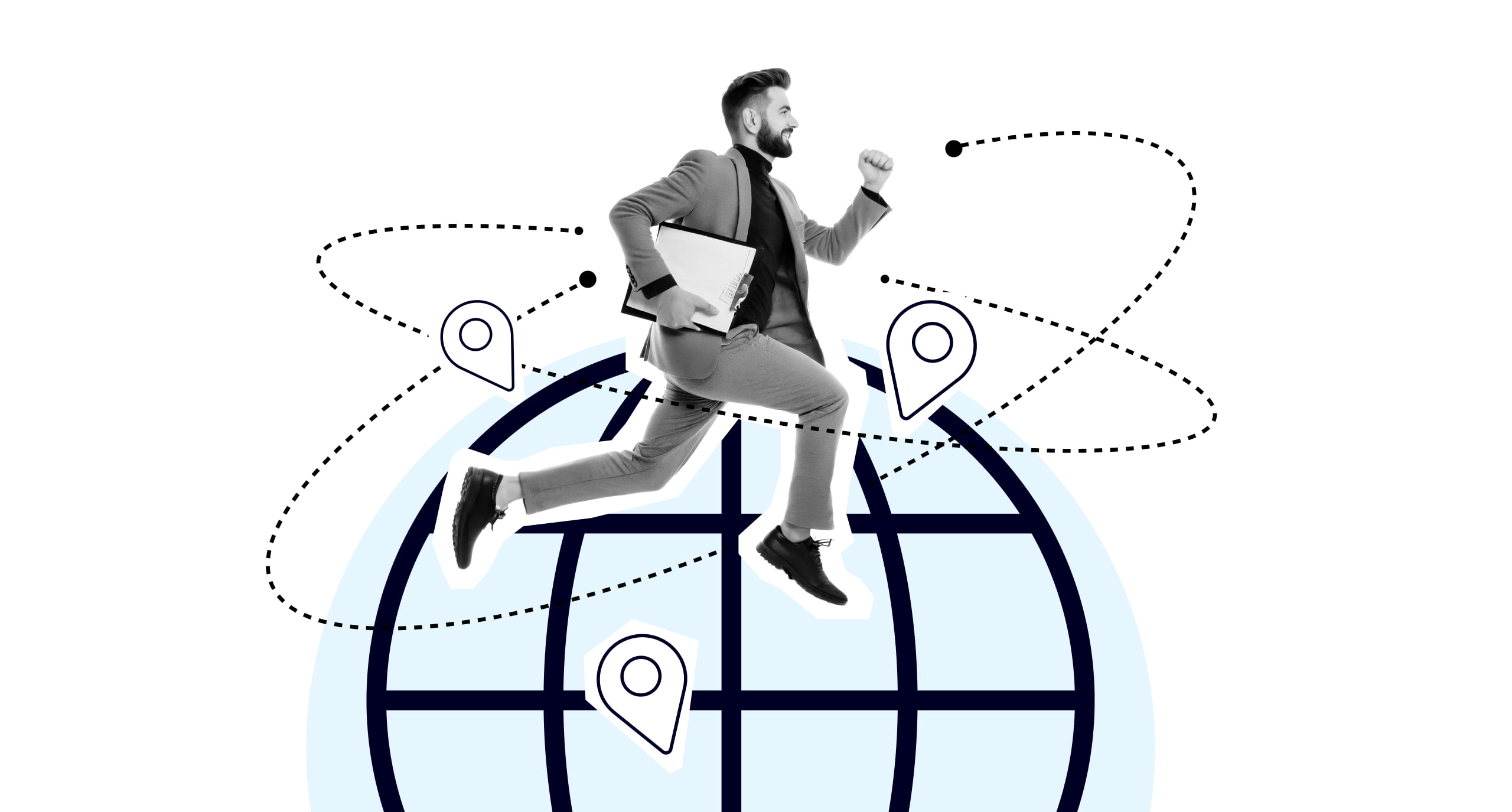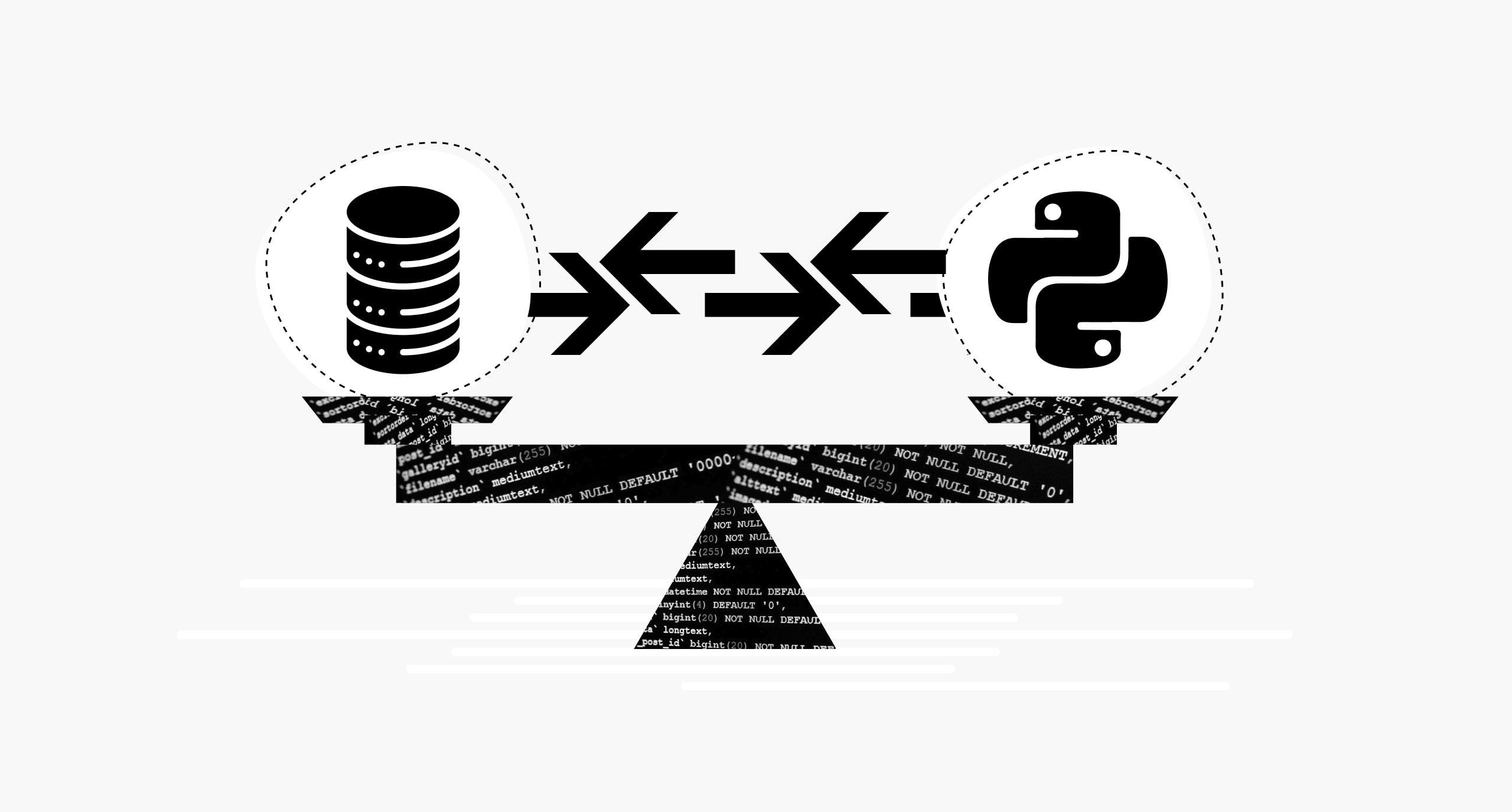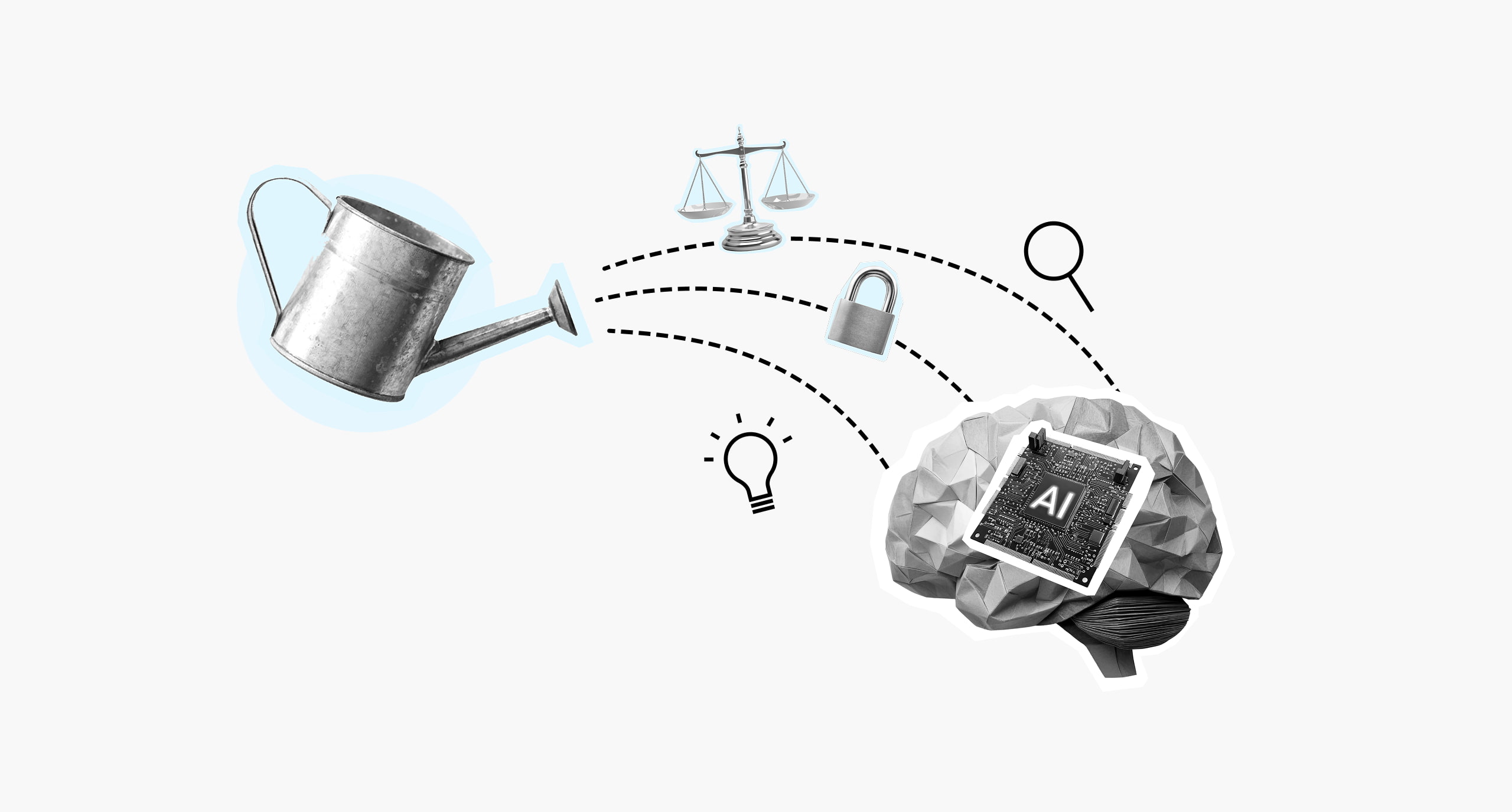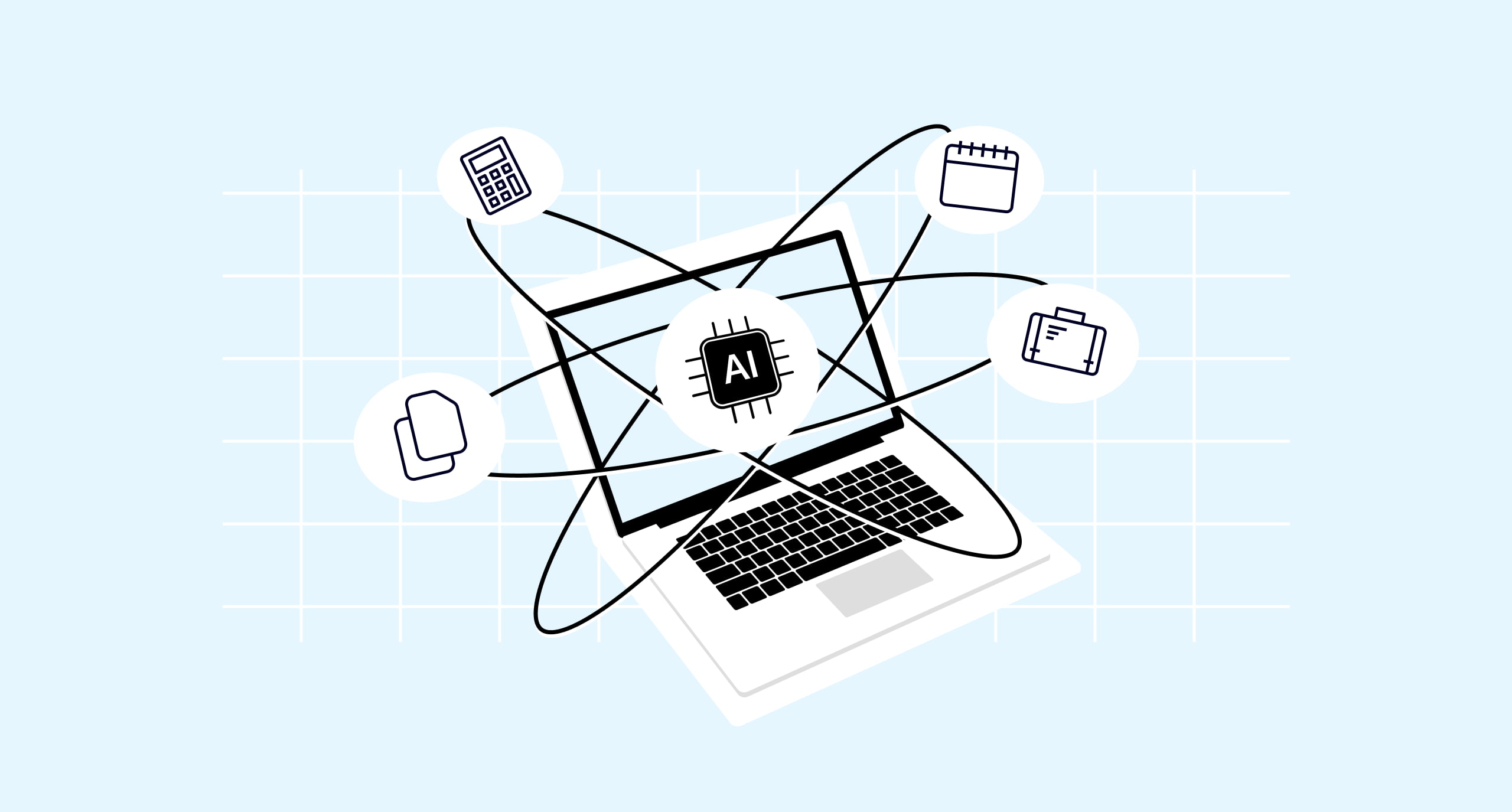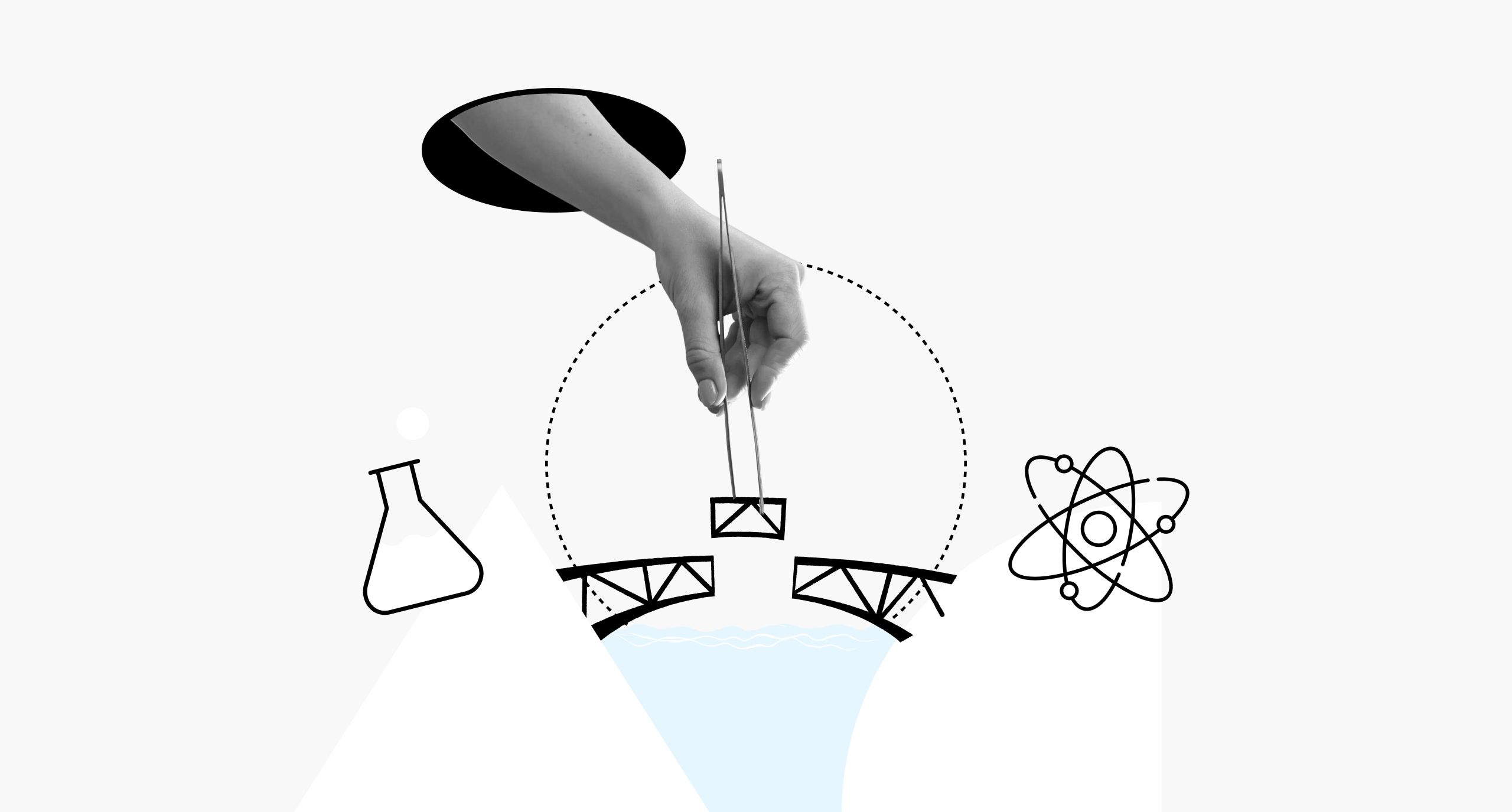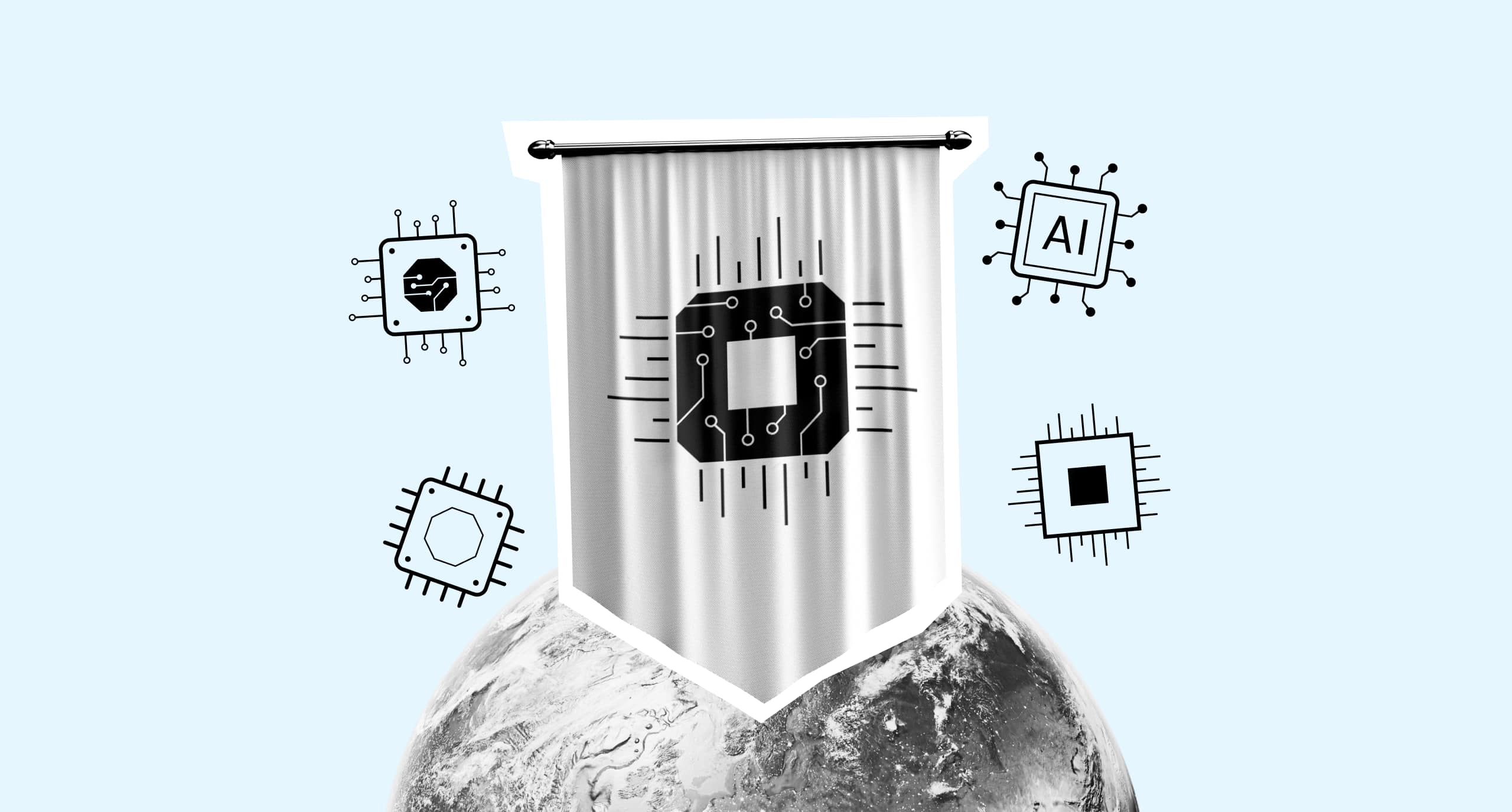What happens when future sustainability leaders step into one of the world’s most innovative hubs for renewable energy, circular economy and sustainability in global business? That’s exactly what students from the Master in Sustainability & Business Transformation found out in their recent trip to Iceland.
Designed to connect classroom learning with real-world strategy, Global Immersion Week offers more than just scenic beauty. It’s a powerful case study in how business, technology and policy align to transform industries and communities.
A firsthand look at sustainable business
From geothermal energy production to sustainable aquaculture and biotech innovation, Iceland has plenty of forward-thinking organizations. Program participant Chichak Bairamova, commenting on the trip, says, “The experience offered firsthand exposure to how sustainability, innovation and policy converge in one of the most progressive nations in renewable energy and circular economy.”
The highlights of the week included visits to some of the nation’s most innovative organizations.
ON Power & HS Orka: Iceland’s geothermal powerhouses showcase how the country gets over 85% of its energy from renewables, offering scalable lessons in clean energy and industrial integration.
Carbfix: A pioneer in carbon capture and storage, Carbfix specializes in turning CO₂ into stone through natural underground mineralization.
Marel: This company is a global leader in food processing systems and demonstrates how automation and digitalization can enhance sustainability across the food-sector value chain.
Kerecis: This biotech company converts fish skin into FDA-approved medical grafts, redefining waste and value creation in healthcare.
First Water: Innovators in land-based salmon farming, this organization aims to minimize environmental impact while embracing circular principles.
The Icelandic Parliament: Participants looked at the legislative frameworks enabling these innovations, discovering how political will drives change.
Chichak also emphasises how these visits brought their classroom learning to life in the real world. “These experiences underscored the importance of systems thinking, innovation and collaborative governance in building a more sustainable future,” she explains.
What’s the ROI of Global Immersion Week?
Immersive experiences like these go far beyond the classroom. They deliver measurable value in terms of professional development, strategic thinking and global perspective. By stepping into real-world environments and engaging directly with sustainability leaders, students gain firsthand insights into how responsible business practices unfold across different legal, social and economic landscapes. It’s a chance to see what sustainable strategy looks like in action—and to understand how it drives long-term value.
“The experience offered firsthand exposure to how sustainability, innovation and policy converge in one of the most progressive nations in renewable energy and circular economy,” Chichak Bairamova.
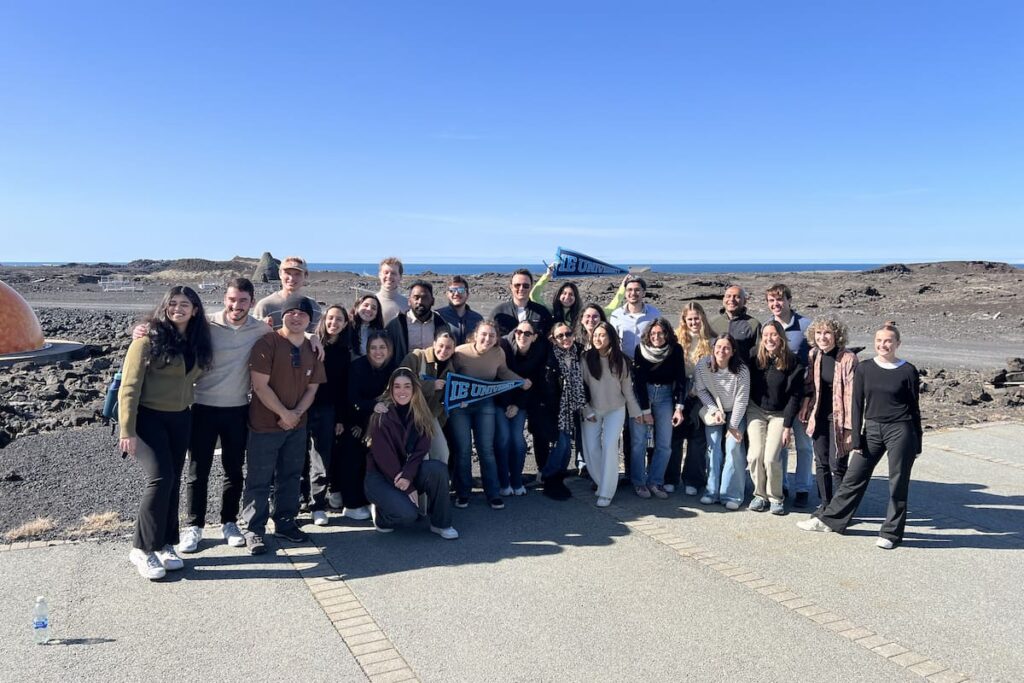
As participant Spencer Grohovsky reflects, “This trip reaffirmed the importance of working with nature, not against it, of seeing waste as opportunity, and of nurturing relationships with people who share your purpose.” It’s this kind of transformational learning that leaves a lasting mark. Students return with more than just knowledge—they gain a competitive edge in global markets with ESG principles and sustainability.
Values of sustainability in global business
It’s easy to see why Iceland has earned its place as a recurring destination for Global Immersion Week. As a living case study of environmental innovation and policy-driven progress, the country reflects the very essence of the Master in Sustainability & Business Transformation.
However, Iceland’s key differentiator is its commitment to systemic change. Students witnessed how sustainability is built into the DNA of businesses across sectors. Iceland’s small population belies its global impact, showing how forward-thinking strategies can shape local and international economies.
“The experience offered firsthand exposure to how sustainability, innovation and policy converge in one of the most progressive nations in renewable energy and circular economy,” Chichak Bairamova.
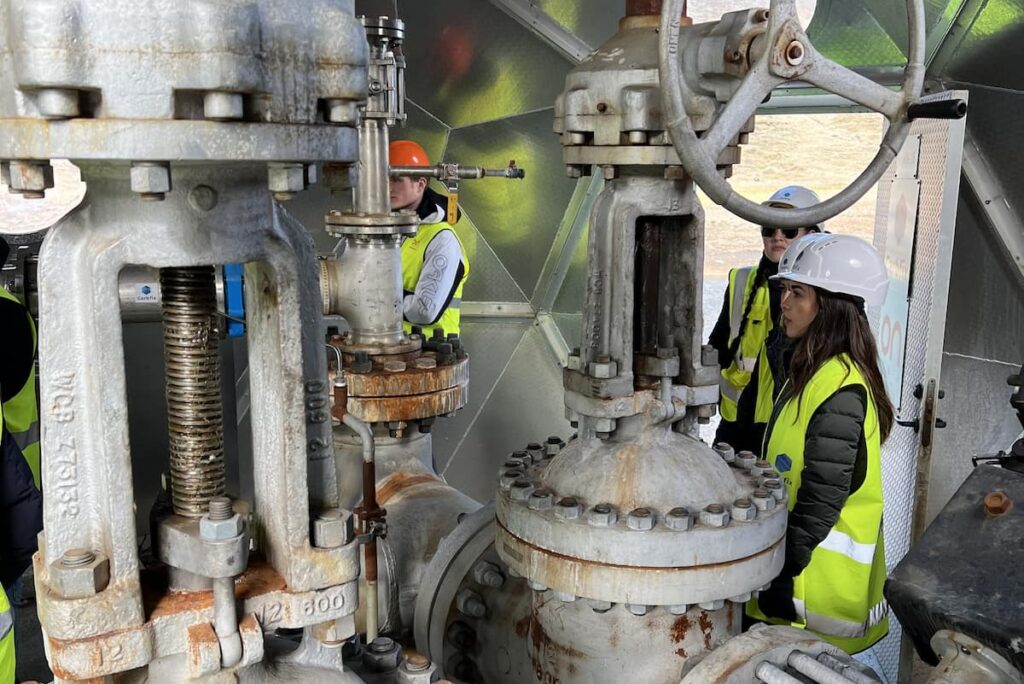
From clean energy and regenerative agriculture to biotechnology and tourism, Iceland demonstrates how cross-sector collaboration and systems-based solutions are essential for lasting transformation. But these aren’t siloed efforts—they’re integrated, holistic approaches with measurable impact.
Just as valuable as the business insights were the cultural lessons. “Whether it was Ólafur opening both his home and the doors of Parliament to us, or the everyday kindness of those we met, it’s a model of how personal and professional worlds can coexist with grace,” shares Spencer.
This human-centered approach to business gave students insights on the role of culture, tradition and community values in leadership. “I look forward to applying these insights in my future career—helping organizations rethink resource use, embrace circular strategies and contribute to more sustainable businesses,” says Chichak. Iceland’s unique blend of innovation and integrity shows that sustainable transformation is as much about people as it is strategy.
A global classroom
Global Immersion Week is key to the transformational learning journey offered at IE Business School. Through direct exposure to global challenges and innovative solutions—and face-to-face meetings with sector trailblazers—students return not only with new knowledge, but with a renewed sense of direction. The experience sharpens their ability to lead with purpose, equipping them to turn insights into real-world action.
“This trip reaffirmed the importance of working with nature, not against it, of seeing waste as opportunity, and of nurturing relationships with people who share your purpose,” Spencer Grohovsky.
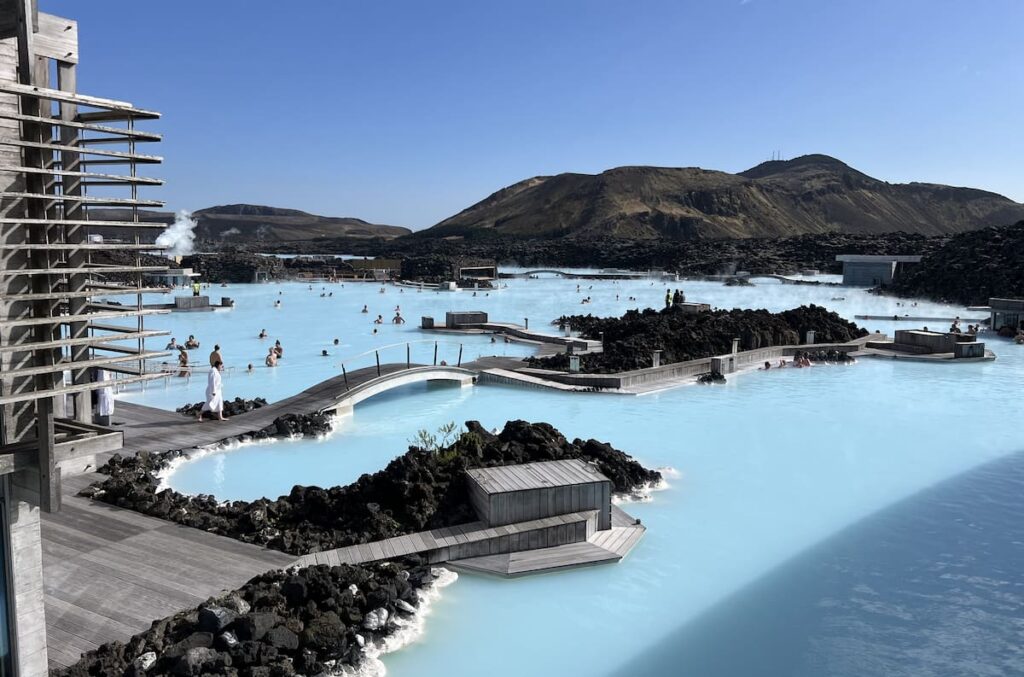
The Master in Sustainability & Business Transformation fuels more than just academic growth. It inspires students to take bold steps in their professional paths, driving change in industries where sustainable practices are essential.
Learn about sustainability in global business
Join us at IE Business School for the groundbreaking Master in Sustainability & Business Transformation.

Benjamin is the editor of Uncover IE. His writing is featured in the LAMDA Verse and Prose Anthology Vol. 19, The Primer and Moonflake Press. Benjamin provided translation for “FalseStuff: La Muerte de las Musas”, winner of Best Theatre Show at the Max Awards 2024.
Benjamin was shortlisted for the Bristol Old Vic Open Sessions 2016 and the Alpine Fellowship Writing Prize 2023.

